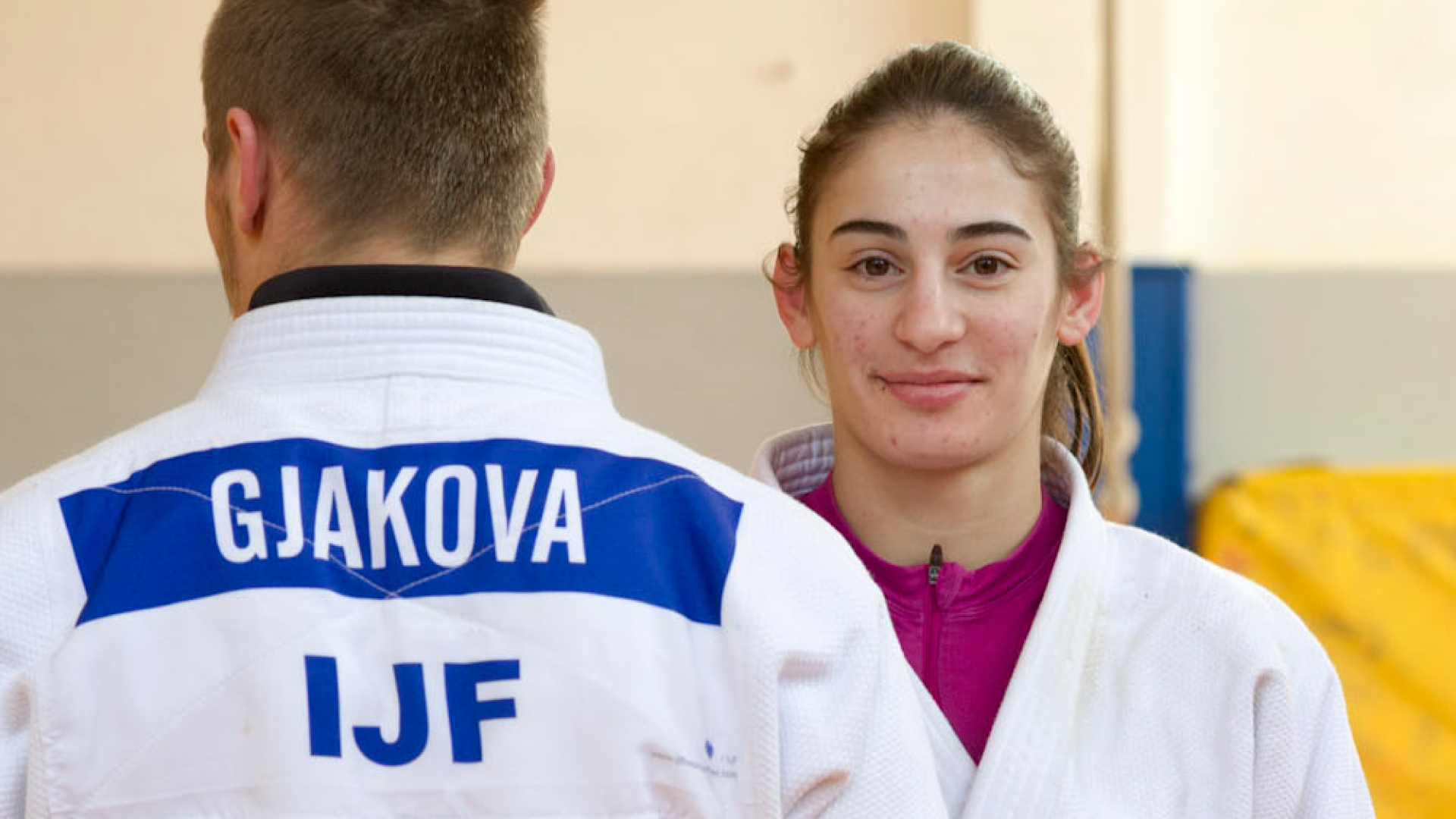
From little brothers to Olympic dreams
The judoka does not let the obstacles break her hopes for a gold medal.
"When you get hurt, the incident stays in your mind. Though you know it is gone, the memory stays, and you never know if you are back without trying yourself in competitions,” Gjakova explained.

Virtyt Gacaferri
Virtyt Gacaferri is a freelance journalist and communication consultant, working with the Kosovo Judo Team. In 2013 he earned the top Kosovo award in sports journalism. He holds a master’s from the University of Cardiff (UK) and is based in Switzerland.
This story was originally written in Albanian.